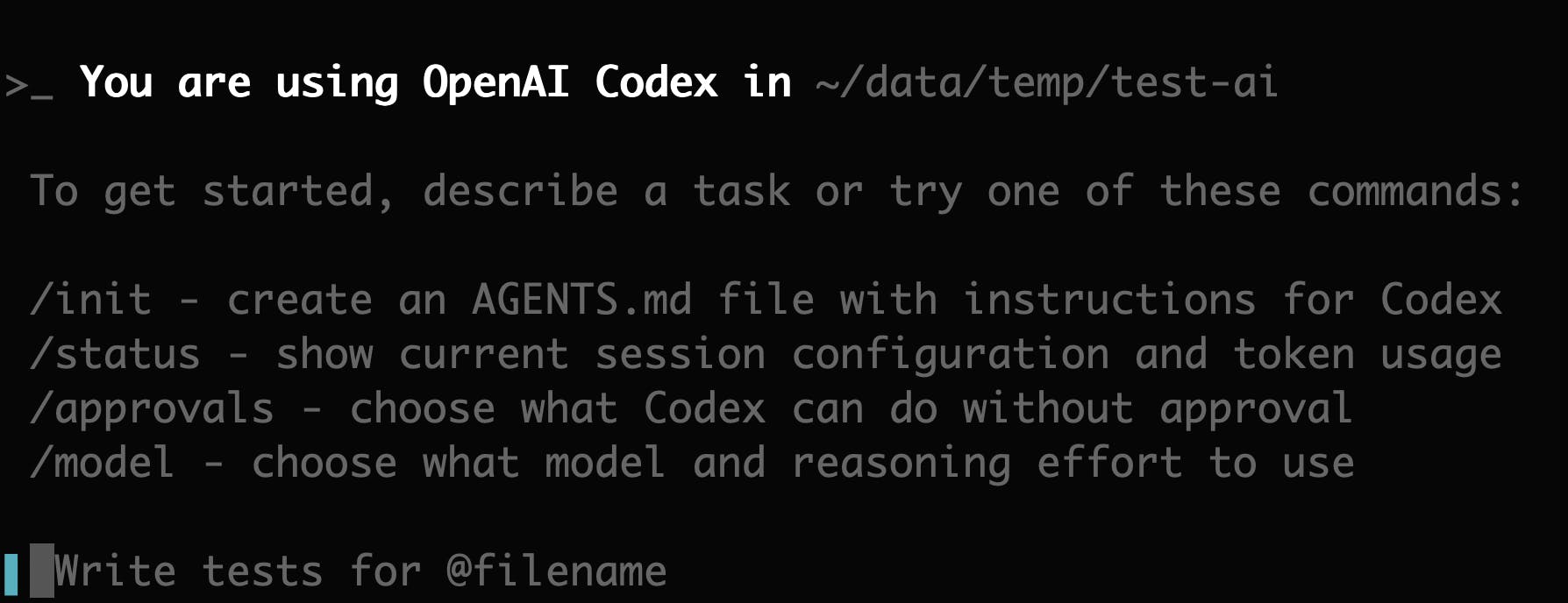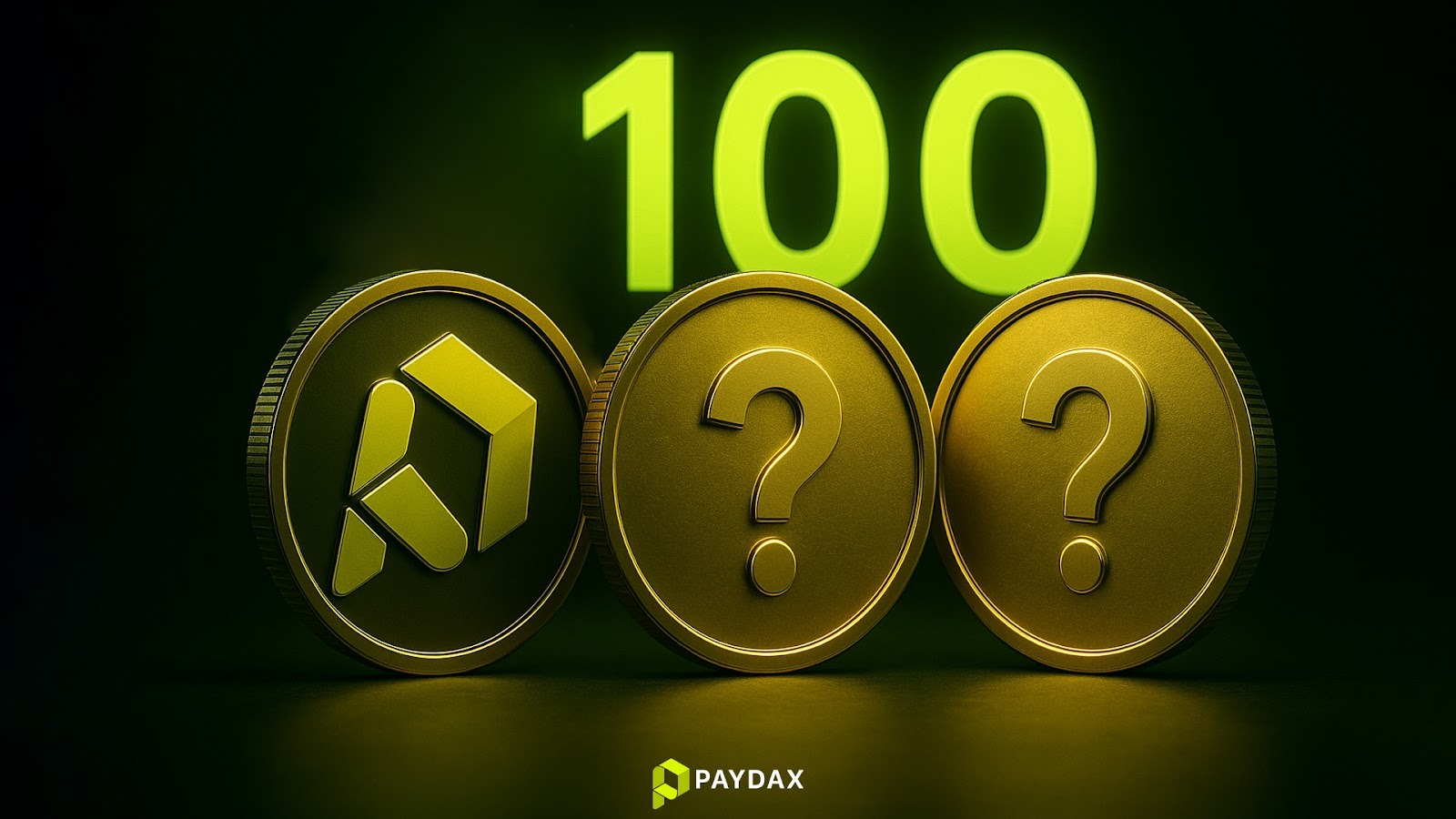Exxon and Chevron beat profit forecasts despite weaker oil prices


Oil giants Exxon Mobil and Chevron reported third-quarter earnings on Friday that came in stronger than expected, according to data provided by LSEG, despite falling oil prices and a 16% drop in U.S. crude this year.
Both companies pushed out record-high production numbers, with Exxon pulling in $8.1 billion in profit while Chevron posted $3.6 billion, fueled by drilling gains and cost control, even as revenues slightly missed projections.
The numbers dropped as crude markets reacted to higher OPEC+ output and President Donald Trump’s renewed tariff push, which is now dragging on economic confidence.
Exxon’s Q3 net income slid 12% to $7.55 billion, or $1.76 per share, compared with $8.61 billion and $1.92 per share a year earlier. After adjusting for one-time items, the company still posted $1.88 per share, ahead of the $1.82 analysts had predicted.
Revenue fell slightly short at $85.29 billion, just under the expected $87.7 billion. Even with the beat, Exxon’s stock dropped by around 1% during Friday trading.
Exxon hits record oil output in Guyana and Permian Basin
Exxon CEO Darren Woods said in the earnings call event that the company delivered its best-ever earnings per share for a quarter where crude prices were declining. “Our profitability per barrel has more than doubled since 2019,” Darren told investors. “We’re keeping costs low and holding our project bar high.”
Darren added that every major investment Exxon makes has to bring in at least double-digit returns at an oil price of $35 per barrel. That bar is well below where U.S. crude was trading on Friday, just over $60 per barrel.
Exxon’s upstream business, which includes oil and gas exploration and production, recorded $5.68 billion in earnings.
The refining unit earned $1.8 billion, while its chemicals division brought in $515 million, though Darren acknowledged those profits were weighed down by “bottom-of-cycle” margins in chemicals.
In the earnings report, Exxon pointed to a record-setting quarter in Guyana, where offshore production passed 700,000 barrels per day, and the Permian Basin, which climbed to almost 1.7 million bpd.
Total production stood at 4.77 million barrels per day.
So far in 2025, Exxon has spent around $21 billion on capital projects. The company now expects full-year spending to land just below the lower end of its $27 billion to $29 billion guidance. It also handed back $9.4 billion to shareholders during the quarter and increased its fourth-quarter dividend to $1.03 per share, signaling continued focus on returns.
Chevron boosts production through Hess deal and global expansion
Chevron also beat Wall Street’s Q3 estimates, but its headline earnings took a hit. The company reported net income of $3.54 billion, or $1.82 per share, down 21% from $4.49 billion, or $2.48 per share, during the same quarter last year.
The decline was mostly due to a $235 million transaction loss tied to its Hess Corp. acquisition and the impact of foreign currency fluctuations. Without those items, Chevron posted adjusted earnings of $1.85 per share, topping the $1.68 forecast.
Revenue came in at $49.73 billion, above the projected $49.01 billion. Unlike Exxon, Chevron’s production surge was partly driven by the integration of Hess’s assets. It reached a new record of 4.1 million bpd, up 21% year over year.
The growth came not only from the Hess deal, but also higher volumes out of the Permian, Gulf of Mexico, and Kazakhstan.
Chevron’s U.S. production arm earned $1.28 billion, down from $1.95 billion in Q3 of 2024. It pumped out 2 million bpd, a jump of 27% from the 1.6 million bpd it reported a year ago.
On the international side, profits fell to $2 billion, down 24% from $2.64 billion, but output rose 16%, also hitting 2 million bpd from 1.76 million bpd in the previous year.
Refining was one of the few bright spots for Chevron this quarter.
U.S. downstream earnings exploded to $638 million, more than four times the $146 million reported in the third quarter of 2024. The international refining segment also rose, bringing in $499 million, up 11% from $449 million in the same quarter last year. The increase was attributed to better product margins.
Chevron’s capital expenditures jumped 7% year over year to $4.4 billion, driven by new spending on Hess assets.
Adjusted free cash flow rose about 50% to $7 billion, further cushioning the company’s balance sheet as it continues to build on the Hess acquisition and stretch production capacity globally.
Join a premium crypto trading community free for 30 days – normally $100/mo.





